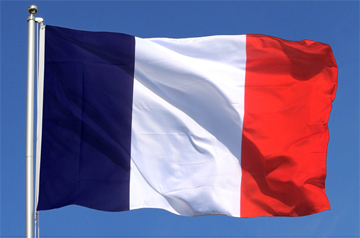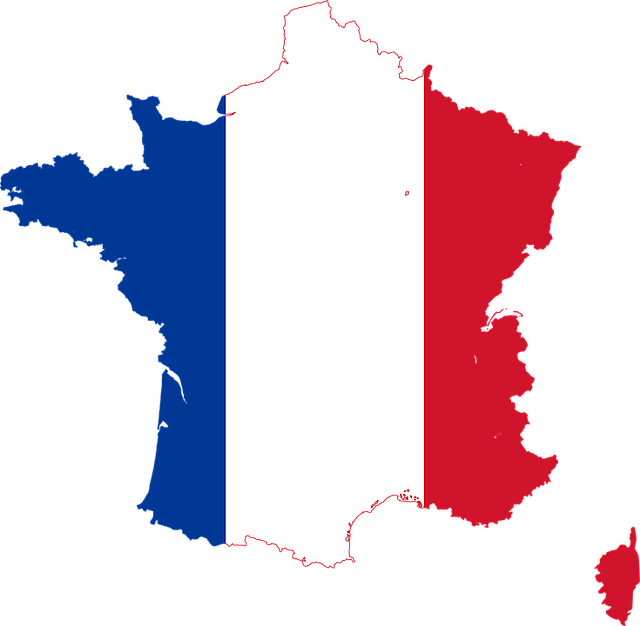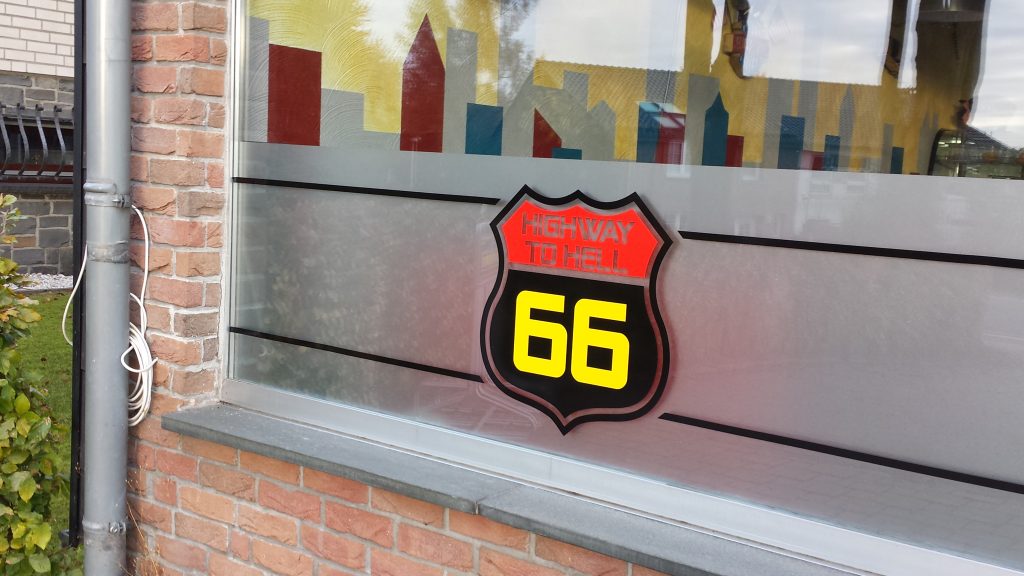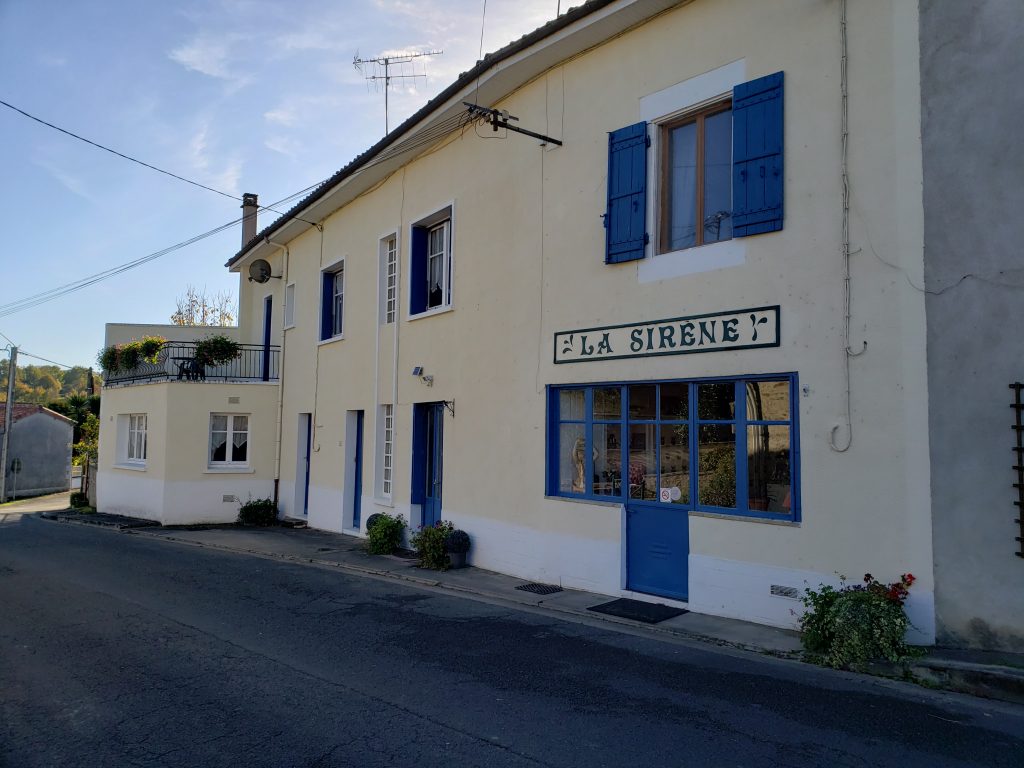
As promised, here are some things that I think the French do well. I’m not going to compare one-to-one with how Americans do these things, in case you’re wanting to see something like that, but here goes what are simply my opinions, after living in France for the past 15-1/2 months straight, of some things I think France does well. I’ll post about things I think they do a lousy job of later, so stay tuned.
#1: Health Insurance
Contrary to what you may have heard, health care in France is not free. It is, however, not so expensive that anyone has ever gone bankrupt from developing cancer, for example. That only happens in America, which I guess is “exceptional” in its way. I went to see my doctor to get a prescription the other day. She charged me 26.5 Euros. At the exchange rate as of this writing, that is $29.42. Due to the speed (ha ha) of French bureaucracy, I don’t have my insurance card yet, but the doctor gave me a form to fill out to get my 60% reimbursement. As my income last year was entirely from pension, I don’t pay for the insurance, as they do not tax pensions in any way. For other income, the fee is income based.
#2. Education
The reason you can see a doctor for thirty bucks is because they don’t charge for higher education in France. Come to think of it, what is called “Vocational Education” in the US is also free. (You must buy books and groceries and pay rent, though.) Applied to a medical degree, this means that doctors do not start their career a quarter of a million dollars in debt, so they do not need to charge exorbitant fees to pay that off and still feed their families. Nor do members of any other profession or trade. It’s sort of like the state provides you with some bootstraps to pull yourself up by, if you get my meaning.
#3. Food
Not French style cooking and famous French dishes, which, to be honest, while delicious, seem a bit bland after a while to someone used to living and eating in the Southwest. I brought my own Cholula! I mean that the food is simply of better quality. You can go to any old supermarket and get the sort of quality you’d have to go to Whole Foods or Trader Joe’s to buy in the US, except you don’t pay Whole Foods or Trader Joe’s prices. In fact, most things cost less, at least in our part of France. Thus, whatever you’re eating, even McDonalds (McDo), tastes better. Fast food such as what’s at McDo even looks like the pictures on the menu. M&Ms are mostly not as brightly colored as in the US, nor are any foods, because of stricter rules on additives in food. With fewer additives, no “factory farms” anywhere, and a ban on a number of things that are allowed in the US, the overall quality is enhanced greatly. Yum, I say, yum!
#4. Manners
Somebody is going to read this and comment about how rude the French were to them, or to somebody they know. It happens, usually for one good reason. That person they were rude to did not use good manners on them. Here’s the way, again, to be mannerly in France. a) Say “bonjour” to anyone you’re going to interact with. If in doubt, say “bonjour” anyway. Worst case you’ll embarrass them and they’ll quickly return the greeting. That word has interesting roots, but it just means “hello” to anyone in France. Only exception is to only to say it to one person once in a day. If you meet them again you can say Salut, or even just hello! b) if you need something say s’il vous plait. Never mind how that’s spelled, say “see voo play” and you’ll be close enough. When you get it, say merci. When the interaction is over, the polite thing to say is au revoir, which means until we meet again. Don’t let that put you off. Say it every time. For brownie points, throw in a bonne journée. Say bone journay to get close enough. No one expects you to know French, but using these four words will go a long way toward making your visit pleasant. In fact, most French people strive to help strangers, and I’ve never met anyone who disliked Americans for any reason. (Can’t say the same for Brits, but that’s for another day entirely.) After my first visit to France in 1976, I started greeting shopkeepers and others with “Hello” or at least “Hi how are ya” and was surprised that my life was improved. Americans may not insist on manners, but we appreciate them even if we aren’t aware of the fact. Trust me. You can practice at home right away. Through the speaker at McDonalds, even.
5. Intelligence
Not everybody is gifted, whatever they teach you in M.Ed. school. France knows that, but here they respect intelligence. There is a career path for virtually any profession, including being a government employee. To be in the government, there is a school to help you do that, too. The system isn’t perfect, but at least you know that those who succeed in the democratically elected government have had training, internships and experience that means that they are most likely intelligent, and that they most likely know what they’re doing, even if you disagree with their policies. Same for any profession, really. And trades are not held to be any less intelligent or important than any other choice of career. It sometimes seems as if the U.S. celebrates the stupid, but France never does.
6. Elections
A campaign for president lasts for six weeks, period. Sure, there is posturing and gesturing, especially by an incumbent, but the campaign is short and mercifully sweet. For the Assembly (representatives) the campaign is only a couple of weeks. The only losers I can see are the TV networks that don’t make a fortune off of all those ads. There are also elections for Maire (Mayor) and Departmental Council, also with short campaign seasons. Mayors nominate candidates for President (there are thousands of Mayors) and also elect Senators. There is a lot one could write about French politics, but this is about how they elect the politicians. The posters have a designated place in towns and villages, and they come down shortly after election day. Much easier to take, especially if, like me, you can’t vote here.
There is more I like about France, but I’ll let those five items stand for now. Keep your eyes peeled for my “Things France Does Poorly” issue, coming to a screen near you!





